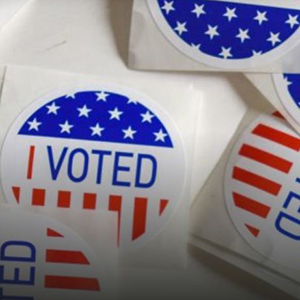Exposing myths about ballot collection on Native American reservations
 Third-party collection of mail-in ballots has helped rural residents and those with
disabilities to vote, yet the practice has become contentious and the target of laws
aimed at restricting it.
Third-party collection of mail-in ballots has helped rural residents and those with
disabilities to vote, yet the practice has become contentious and the target of laws
aimed at restricting it.
Critics claim the process is vulnerable to fraud and manipulation. But new research from the University of Utah’s College of Social & Behavioral Science tells a different story. Ballot collection is more accurately characterized as a pathway for legitimate voter participation, according to a study published last month. Authors Daniel McCool, a professor emeritus in the Department of Political Science, and Weston McCool, a postdoctoral researcher in the Department of Anthropology, debunk misconceptions about ballot collection and document its benefits.
“There is considerable controversy regarding the role of third-party ballot collection in elections,” said Daniel McCool, who has testified as an expert witness in Native American voting rights lawsuits. “Our results indicate that ballot collection is a valued service on Indian reservations, and there is no evidence that it leads to voter fraud.”
About the Blog
Discussion channel for insightful chat about our events, news, and activities.
